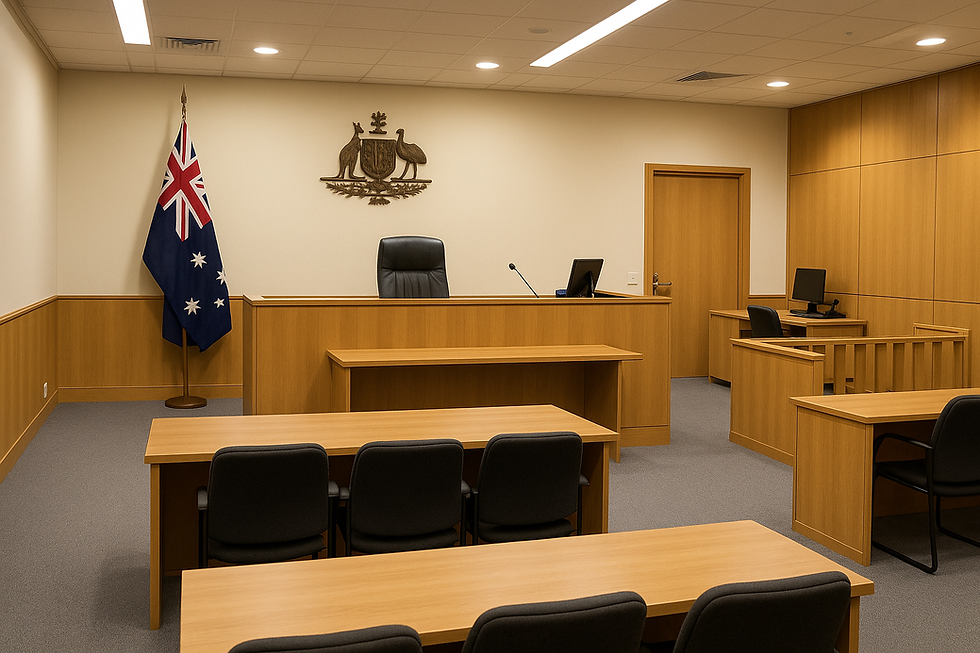What is a Case Assessment Conference?
- Jarrod Carter
- Jan 30, 2023
- 3 min read
If you're going through a Family Court case, you may be scheduled to attend a Case Assessment Conference (CAC). This conference is conducted by a Family Consultant and is usually ordered by the Judicial Officer (magistrate or judge) at the first hearing. In some cases, you will be given a date for the conference in court, or the Court may contact you to inform you of the date. The judicial officer will generally order a CAC if the evidence filed by the parties alleges anything that places the children at risk. If you are concerned about the safety and wellbeing of the children, you, or your lawyer, can ask for a CAC in Court.
A Family Consultant is a neutral and impartial professional who is appointed to assist the Court in determining the best interests of the children involved in family law proceedings. They often have qualifications and experience in social work, and child protection matters. The Family Consultant conducts assessments, provides recommendations, and facilitates communication and negotiation between parties to resolve disputes related to parenting arrangements and other family law matters. The role of the Family Consultant is to assist the Court in making informed decisions about the welfare and best interests of the children.
The CAC is usually held in a conference room at the Family Court and is scheduled to last for two hours. During the conference, the Family Consultant will conduct separate interviews with both parties to understand the issues in the case and determine the best next steps. If both parties agree, they may also meet with the Family Consultant together to discuss their concerns regarding the children.
The main purpose of the CAC is to conduct a preliminary assessment of the case, and to potentially negotiate any issues. The conference aims to assess potential risks relating to family violence, child abuse, substance abuse, mental health, and parenting capacity, to clarify the issues in dispute, and to consider appropriate case management options.
It's important to comply with the orders made at the first hearing and exchange relevant documents with the other party before the CAC. You don't need to bring any other documents to the conference, but you should think about the options to resolve your dispute and the impact of the dispute on your children. You should also review all of the court documents before the CAC to refresh your memory as the Family Consultant is likely to ask you about your evidence and the evidence of the other parent.
After the conference, the Family Consultant will prepare a Memorandum for the Court. This report will contain the Family Consultant's recommendations for the children's needs and may include any agreements made between the parties. The report will also directly quote and paraphrase what the parties said during the conference. It is important to slow down and carefully consider what you say during the conference as these comments may end up part of the evidence of the Case. The report will be considered by the Judicial Officer at the next court event and will be admissible in court as evidence.
If you don't agree with the case assessment report, you can raise your concerns with your lawyer or in court. If an agreement is reached, you may not have to attend another court hearing. If no agreement is reached, you'll return to court for another hearing with the same Judicial Officer who conducted the first hearing. The case assessment report can only be shown to the parties and their legal representatives, and cannot be shown to other people without the Court's permission.
The CAC is an important step in the family court process where there are risk issues, and it's crucial to understand what will happen during the conference and the purpose of the case assessment report. With the right preparation, you can navigate the CAC effectively and make progress towards resolving your case in the best interests of your children.




Comments